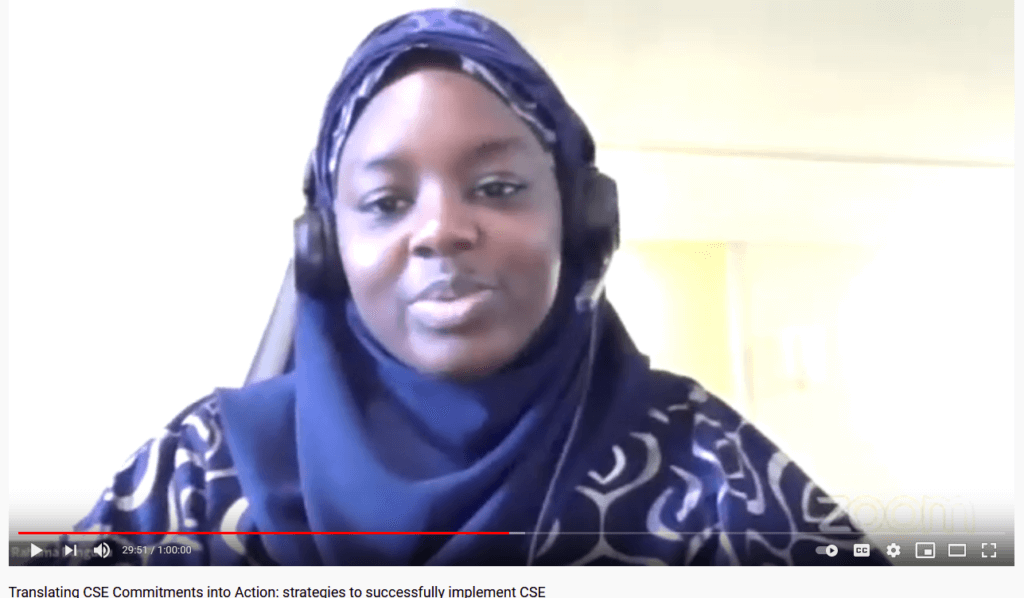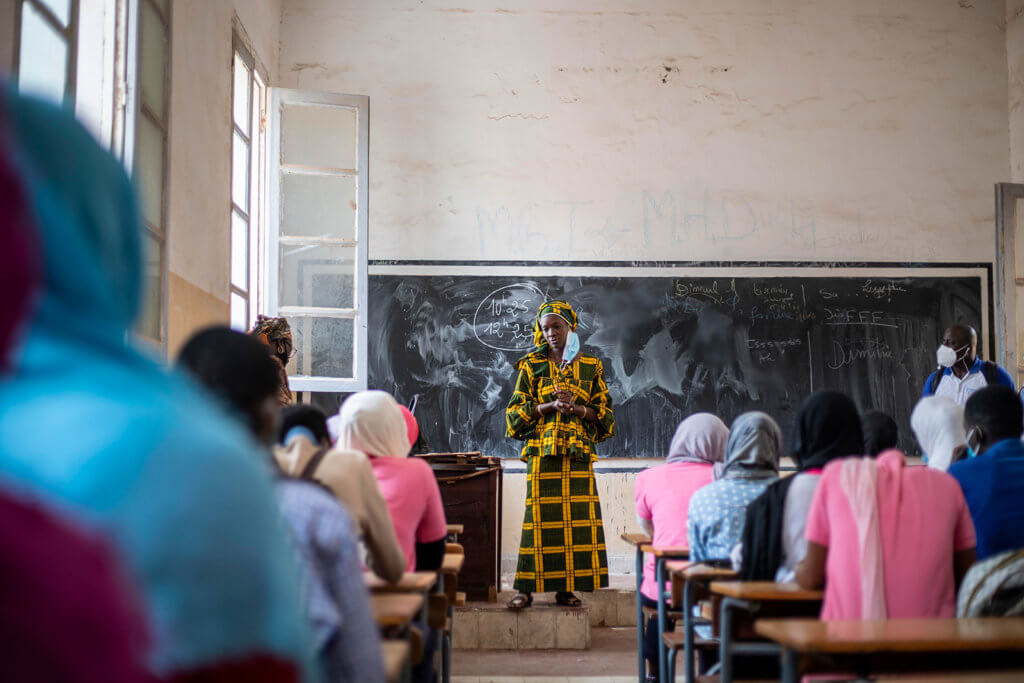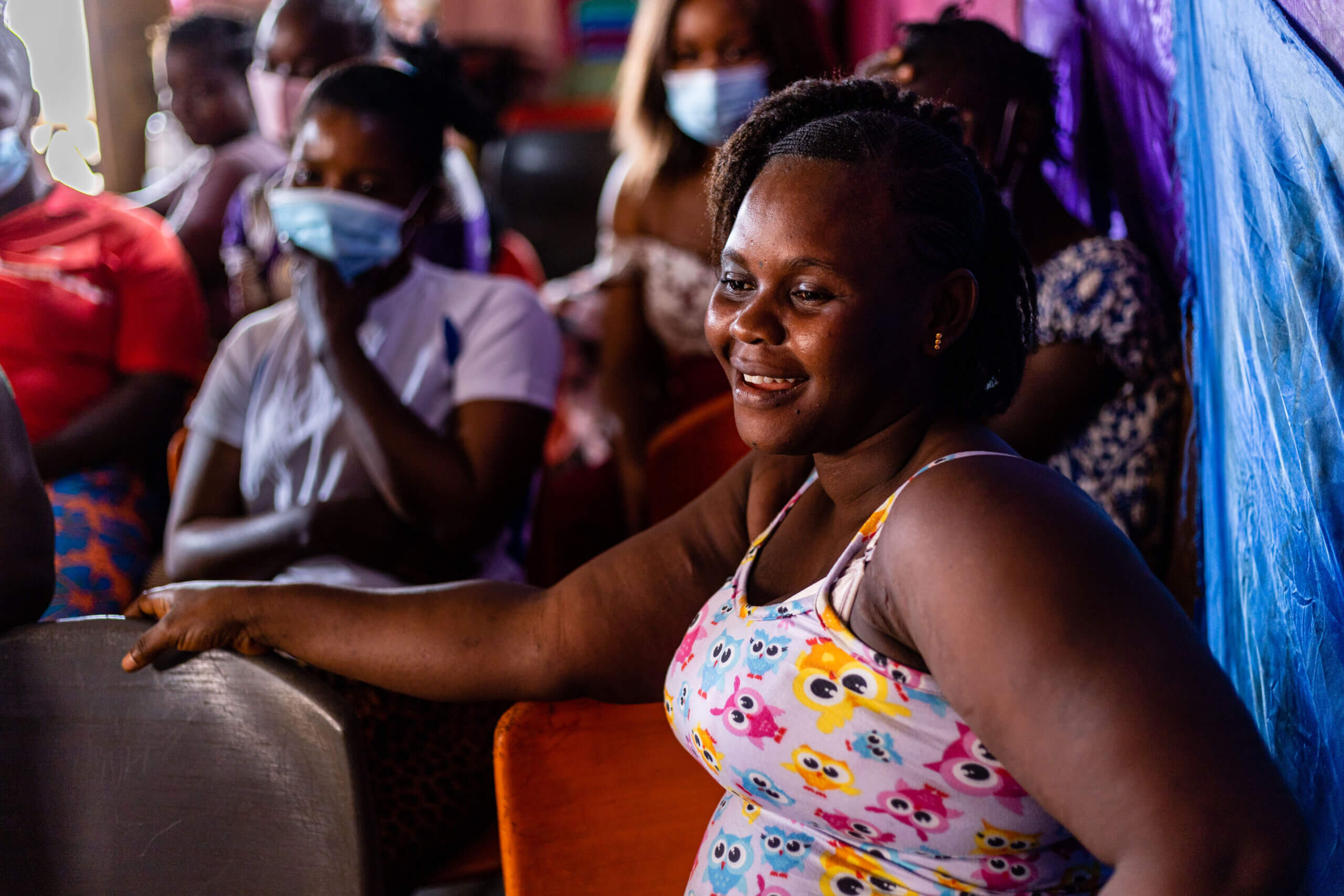To keep girls in school, fund contraception
“These girls are most likely to be on the street, doing menial jobs. Their children will not make it into higher education.” That’s how Esi Asare Prah, youth and advocacy officer for MSI Ghana, described the consequences when girls drop out of school due to pregnancy.
Last week world leaders, activists and experts in education came together for the Global Education Summit hosted by the United Kingdom and the Republic of Kenya. The goal: to secure $5 billion in pledges from governments around the world for the Global Partnership for Education.
Participants agreed that keeping girls in school is essential. But without investment in reproductive healthcare, girls will continue to drop out. The consequences are dire for themselves and their communities.
Highlighting the importance of education
The Global Partnership for Education funds education in up to 90 countries and territories. These account for 80% of the world’s out-of-school children. The goals are ambitious, especially in light of the Covid-19 pandemic. Closed schools have slowed progress, highlighting the need for strategic plans that attack the inequalities in education systems on all fronts.
Gender equality and girls’ education were prominent themes at the many related events hosted by advocacy organizations. The main stage events featured sessions on lessons learned from Covid, education’s impact on sustainability, increasing gender equality and financing education for impact.
The spotlight on girls extended to conversations about sexual and reproductive health. MSI Reproductive Choices hosted an event with SheDecides a global political movement driving change for bodily autonomy. The event featured speakers from UNFPA (the United Nations Population Fund) and Plan International, an international nonprofit that fights for girls’ rights. The speakers discussed the need for comprehensive sexuality education (CSE) programs to help keep girls in school.

The alarming truth about teen pregnancy
Rahama Bungudu, Youth Engagement and Advocacy Officer for MSI Nigeria, spoke at the event. She described how MSI is partnering with local schools to provide adolescents with CSE. These programs give adolescents the information they need to complete their education.
Rahama shared some troubling statistics. Every year, four million girls drop out of school or are excluded from education due to unplanned pregnancy across sub-Saharan Africa. In Nigeria, one in four girls aged 15-19 have begun childbearing by age 19.
MSI provides access to choice and comprehensive sexuality education. Our programs help adolescents understand their bodies, have safe relationships and avoid unplanned pregnancies. These students can pursue better futures because they have the tools they need to finish school.

Funding cuts threaten girls’ education
World leaders agree on the need for improved access to free public education for all. But only time will tell whether their stated commitments are matched with funding to make equal access a reality.
The UK government recently made dramatic cuts to international development funding, including funding for reproductive health. These cuts will make it harder for girls to avoid adolescent pregnancy, endangering their education.
Speaking to The Guardian from MSI Uganda, Esi Asare Prah relayed that 5,000-7,000 girls are forced out of school every year due to pregnancy. In 2020, 2,000 of them were 14 years old or younger. Once pregnant, these girls are unlikely to ever return to their education.
“It creates a cycle of poverty and a cycle of slums. For me, the foundation of it is that you can’t seek to invest in education for girls in sub-Saharan Africa and cut down funding for sexual and reproductive health. If you treat development issues as isolated, you will have the same issues of 50 years ago chasing you into the future.”
To break the cycle and keep girls in school, we must fund reproductive healthcare. Without protecting access to contraception, girls will continue to face unintended pregnancies that threaten their education.






